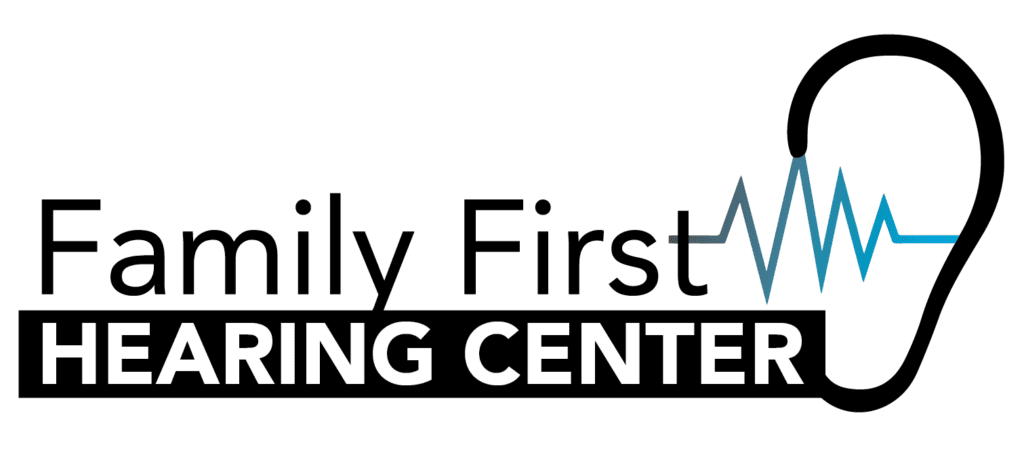Hearing loss can be a challenging experience, impacting various facets of daily life. However, it’s crucial to remember that adapting to life after a hearing loss diagnosis is entirely possible. You are not alone on this journey; many individuals face hearing loss and successfully find ways to thrive.
Understanding Hearing Loss
Hearing loss occurs when there’s a problem with one or more parts of the ear, the nerves coming from the ears, or the part of the brain that controls hearing. It can be classified into different types: conductive, sensorineural, and mixed hearing loss. Causes range from aging and exposure to loud noise to infections and hereditary factors.
For older adults, hearing loss is prevalent, with statistics indicating that about one in three people between the ages of 65 and 74 experience hearing loss. Understanding that hearing loss is a common aspect of aging can help normalize the experience and reduce the stigma associated with it.
Emotional Impact and Acceptance
Experiencing hearing loss can lead to a range of emotions including denial, frustration, and anxiety. These feelings are natural and a crucial part of the adjustment process. Coping strategies might include talking about your feelings with family and friends, seeking professional counseling, or joining support groups.
Acceptance is vital in adapting to your ‘new normal’. Accepting your hearing loss allows you to take proactive steps toward enhancing your quality of life with hearing aids, communication strategies, and other assistive technologies.
Practical Adjustments to Everyday Life
Small adjustments can significantly improve daily interactions and ensure a smoother transition to living with hearing loss. For instance, improving communication can involve facing the speaker directly, reducing background noise, and using clear speech.
Embracing hearing aids and other assistive technologies like amplified phones and visual alarms can also help manage hearing difficulties. These tools provide the needed support to stay connected and maintain independence.
Staying Socially Active
Staying socially active is essential for mental health and overall well-being. Participating in hobbies, social activities, and seeking out hearing-friendly environments can enhance your social engagements.
Additionally, local support groups and community resources can provide a platform for sharing experiences and finding companionship among others who understand the challenges of hearing loss.
Importance of Regular Hearing Check-Ups
Regular check-ups with an audiologist are critical for monitoring your hearing health. These appointments help manage hearing loss effectively and can lead to timely adjustments in your hearing aids or other interventions that improve your quality of life.
At Family First Hearing Center, we offer comprehensive hearing evaluations and personalized care plans designed to meet your unique needs.
Looking Forward: Embracing the Positive Changes
Adapting to life with hearing loss can lead to personal growth and new opportunities. Many individuals have shared success stories of how they embraced their ‘new normal’ and discovered new ways to enjoy life.
With determination and the right support, you too can look forward to a future where hearing loss is just a part of life that you have mastered.
Conclusion
Embracing life after hearing loss involves understanding the condition, accepting the emotional impact, making practical adjustments, and staying socially active. Regular hearing check-ups and leveraging available resources lead to a better quality of life.
Remember, you are not alone in this journey. Reach out to Family First Hearing Center for the support and care you deserve. We are here to help you thrive in your ‘new normal’. Take the next step towards better hearing health by scheduling a hearing test or consultation with us today.



